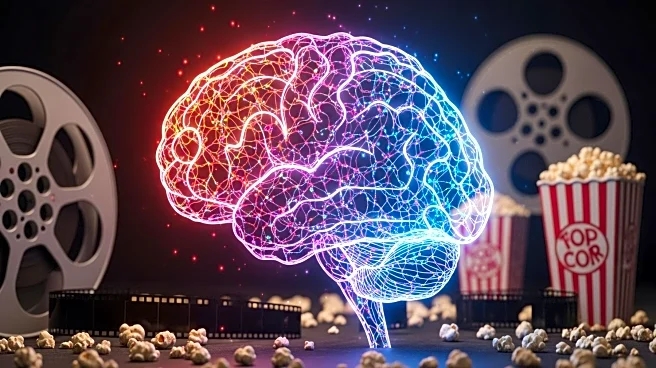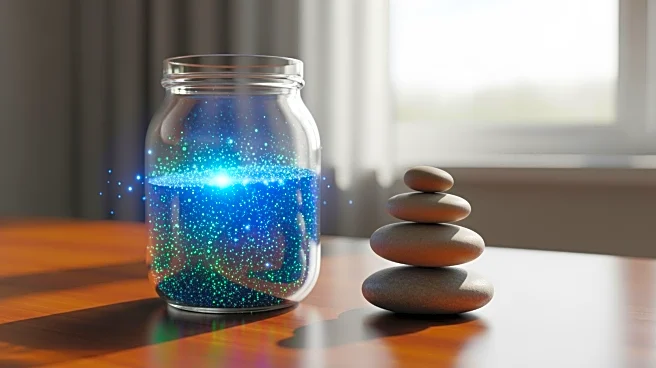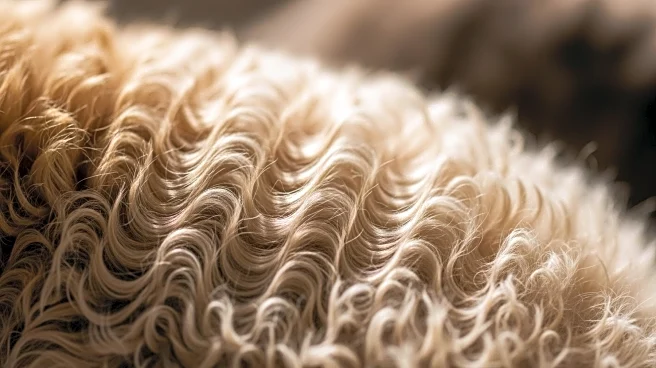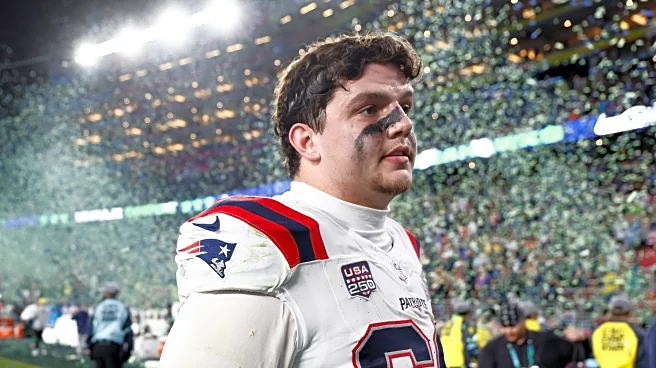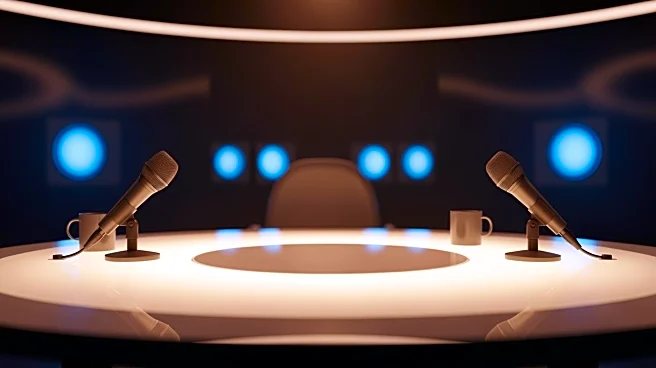What is the story about?
What's Happening?
A study conducted by researchers at UCLA and Dartmouth has found that people whose brains react similarly to the same videos are more likely to form lasting friendships. The study involved MBA students who watched various movie clips while undergoing fMRI scans. The researchers tracked the students' social networks over eight months and discovered that those with similar neural responses to the videos were more likely to become friends and maintain those friendships over time.
Why It's Important?
This study provides new insights into the science of friendship, suggesting that deeper cognitive similarities may play a significant role in forming and sustaining social bonds. The findings challenge traditional notions of friendship based on shared interests or backgrounds, highlighting the importance of how individuals perceive and interpret the world. This research could have implications for understanding social dynamics and developing strategies to foster meaningful connections in various settings, from educational institutions to workplaces.
Beyond the Headlines
The study's findings could influence how social networks are understood and managed, particularly in environments where collaboration and teamwork are essential. By recognizing the role of cognitive compatibility in friendship formation, organizations might develop new approaches to team-building and conflict resolution. Additionally, this research could inform the design of social technologies and platforms that aim to connect individuals based on deeper cognitive and emotional similarities.
